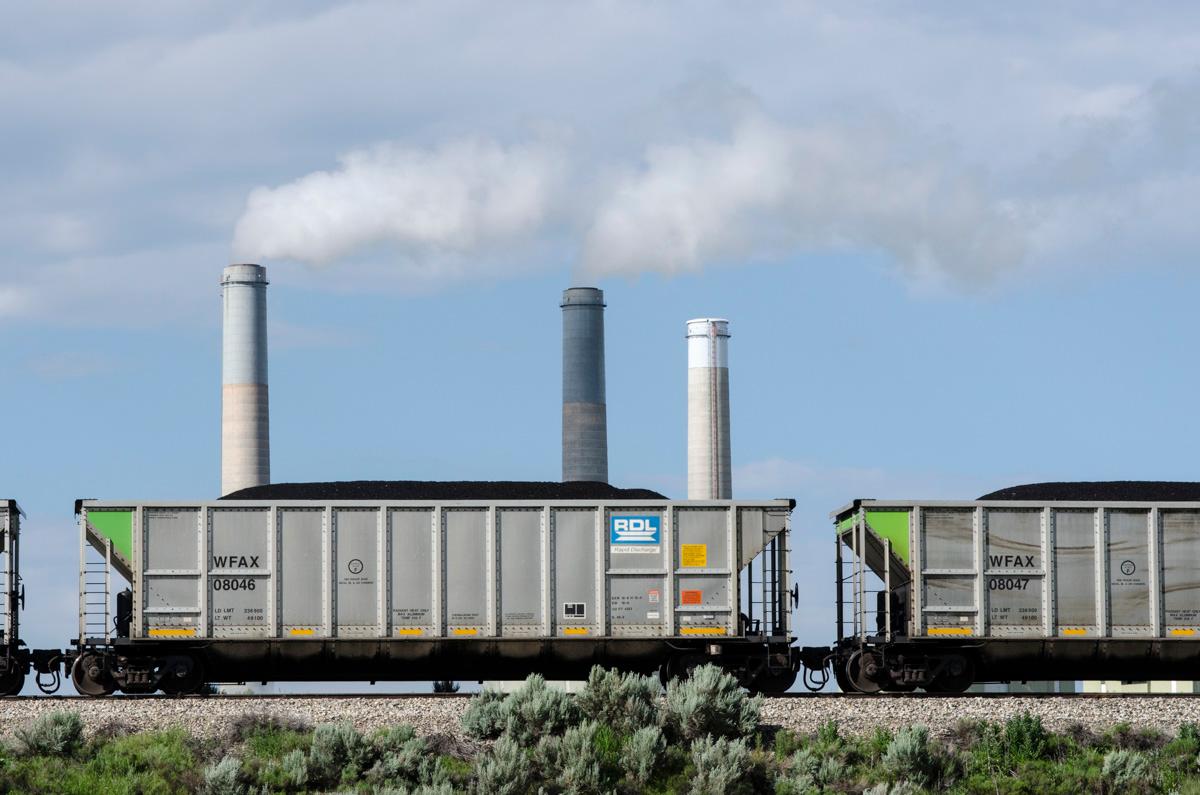
Republican Attorney General Cynthia Coffman and Democratic Gov. John Hickenlooper are at odds over whether to follow a federal government plan to curb emissions from existing coal fired power plants.
Coffman joined 23 other states today and filed a lawsuit against the federal Clean Power Plan. She said the EPA does not have the authority to require states to enact pollution rules.
"It’s not an argument that it’s bad to reduce carbon emissions. It’s the legal mechanism that’s being used," said Coffman in a phone interview on her decision to join the lawsuit.
Hickenlooper voiced strong opposition to the move.
"This lawsuit will create uncertainty for the state," he said in a statement. "Colorado has already made great progress in clean air and clean jobs, and worked extensively with the EPA to ensure we have the time and flexibility we need. We believe that Colorado can achieve the clean air goals set by the EPA, at little or no increased cost to our residents."
Through the Clean Power Plan, the EPA is requiring states to cut emissions from existing coal fired power plants 32 percent by 2030. It’s a centerpiece of President Barack Obama’s strategy to curb climate change.
Coffman announced last month that she would to join other attorneys general in suing the EPA over this policy, but the group had to wait to actually file until the the plan officially appeared in the federal register, which happened today.
As a first step, the states are asking that the U.S. Court of Appeals suspend upcoming deadlines for the Clean Power Plan while until the lawsuit is settled.
Even as Colorado's Attorney General tries to block the plan in court, the governor has said he's moving forward with efforts to meet the new requirements.
Coffman said she does not believe the opposing strategies between her office and the governor's will be a waste taxpayer money. She said joining with other states will pool resources.
Coffman cited "overreach by the federal government that has the potential of impacting many other issues if it's not challenged," adding that, "If you push and you don't push back, then the next time you get pushed harder. My responsibility is to defend the state's power and sovereignty under the 10th Amendment. ... That's why it's important to me to be a part of this case."
Environmental groups called out Coffman on Friday for her decision.
"Putting Colorado's families first means carrying out our nation's clean air laws and safeguarding the health of our children," Vickie Patton, general counsel for the Environmental Defense Fund, said in a statement.
In August when the plan was announced, it aimed to curb carbon emissions in Colorado by 40 percent by 2030. And proponents say the state is well on its way to meeting that goal.
Additional challenges are expected from Congress on the Clean Power Plan now that the final rule has been published.









